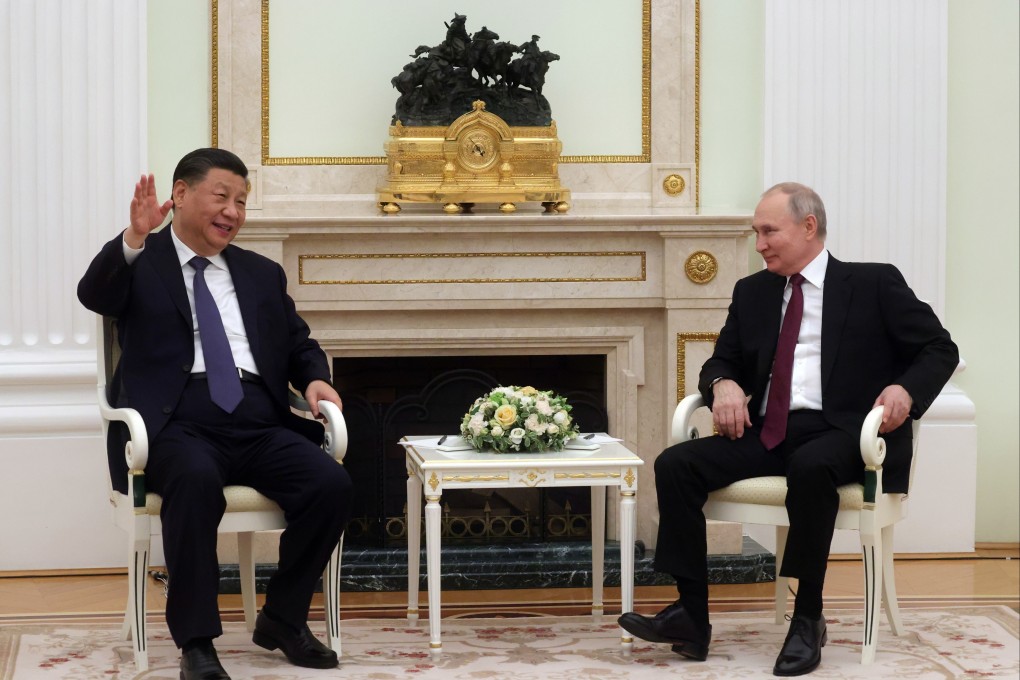Exclusive | Despite ‘no limits’ ties, China has moved carefully on Russian energy since Ukraine invasion
- Slim boost to Russian energy ties reveals ‘balancing act’ by China, Swedish Institute of International Affairs analysis shared with the Post says
- Author of report puts China’s restraint down to threat of secondary sanctions, urges Europe to tread carefully so that ‘cautious approach’ continues

Russian oil and gas as a share of China’s overall imports of those products rose from 14 per cent to 16 per cent in value terms in 2022 from a year earlier. It ticked up to 16.9 per cent over the first four months of 2023, according to a comprehensive new analysis by the Swedish Institute of International Affairs shared exclusively with the Post.
Chinese companies have made no new investments or transactions in Russia’s hydrocarbon sector since Putin’s invasion was launched, nor have any new oil or gas pipelines or long-term import contracts been agreed.
And while Beijing has railed against the West’s blitzkrieg of sanctions on Russia’s energy sector, it has broadly refrained from undermining them, the study points out.
China has not supplied its state-owned tanker fleet to transport Russian oil – a move that would “single-handedly” wipe out most of the discount at which Russia is now forced to sell its oil, the research said.